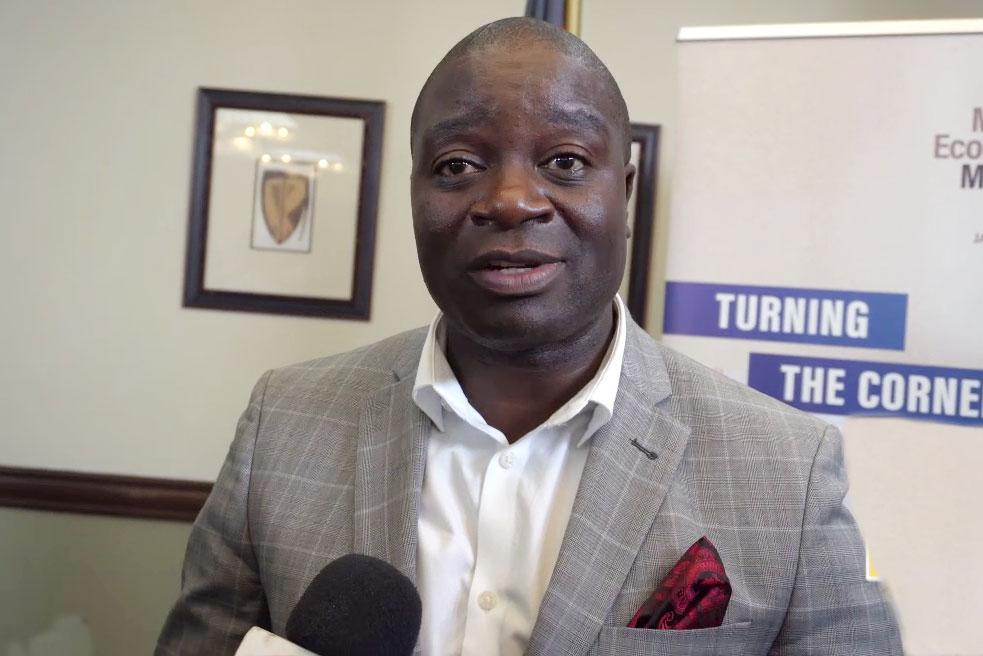Africa-Press – Malawi. The slight ease in inflationary pressure in the past four months has signaled hope, with the monetary authorities expecting a sustained decline in headline inflation in the short to medium terms.
But economic commentators feel the drop is seasonal and that inflation is expected to peak again during the lean period (October to March), coupled with high government spending.
Malawi’s year-on-year headline inflation eased, albeit slightly, in June 2025 to 27.1 percent from 27.7 percent a month before, thanks to a drop in food inflation.
According to figures from the National Statistical Office, inflation has fallen from its peak of 35 percent in January 2024.
Food inflation, which accounts for more than half of the Consumer Price Index, dropped to 31.6 percent from 44.9 percent in January 2024.
Non-food inflation eased to 20.1 percent, from 22 percent in January 2024.
The Reserve Bank of Malawi (RBM) expects a continued deceleration in headline inflation in the months, which would trigger improvements in other macroeconomic fundamentals.
Writing on his Facebook page yesterday, RBM Deputy Governor for Economics and Regulation Kisu Simwaka said the improved overall inflation environment signals hope.
“The continued decline in inflation has opened potential policy space to reduce interest rates. At its upcoming meetings, the Monetary Policy Committee will assess progress based on the totality of the incoming data, the evolving inflation outlook and balance of risks.
“Based on this assessment, they will decide whether to reduce or hold the policy rate constant while waiting for further data,” Simwaka said.
He said beyond monetary policy (demand side), there was a need for enhanced effort in addressing supply-side shocks.
“We have an opportunity to achieve permanently lower inflation and, therefore, permanently lower interest rates. Effective supply-side responses should help to keep food price pressures in check. There is an urgent need to tackle supply-side constraints to increase production,” Simwaka said.
In an interview with The Daily Times on Tuesday, Economics Association of Malawi President Bertha Bangara Chikadza noted that while there was an ease in food inflation, the non-food component remained high and, if not addressed, could affect the medium and long-term aspirations.
“The next few months will test the country’s ability to contain inflation and balance macroeconomic stability with political and social pressures,” Chikadza said.
But in an interview on Thursday, Secretary to the Treasury Betchani Tchereni said inflationary pressure had been emanating from low production and not the government spending on social needs.
He said the Treasury’s focus remains spending towards improving agricultural productivity and investment in forex-generating sectors including tourism, mining and manufacturing, among the long-term remedies to rising inflation.
“From the Treasury’s eye, we are looking at what we are investing in; we are investing in industrialisation and MDC [Malawi Development Corporation]. We are investing in the ATMM [Agriculture, Tourism, Mining and Manufacturing] Strategy, which cannot give dividends in one year.
“Our hope is that inflation is going to stabilise and, then, slow down in the medium term,” Tchereni said.
For More News And Analysis About Malawi Follow Africa-Press






